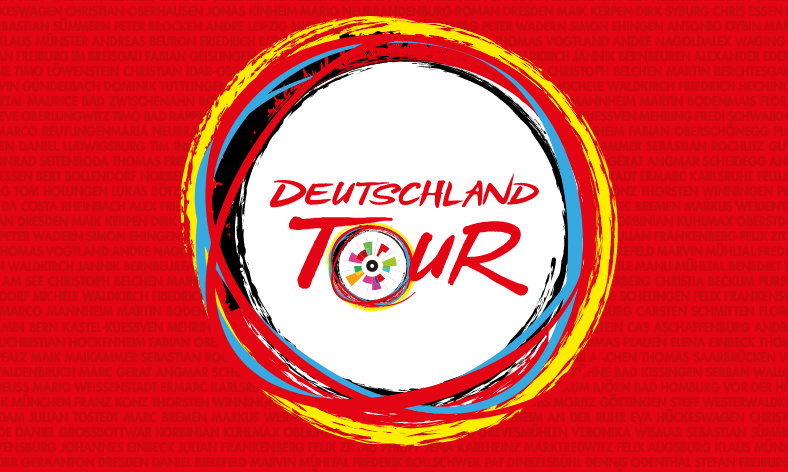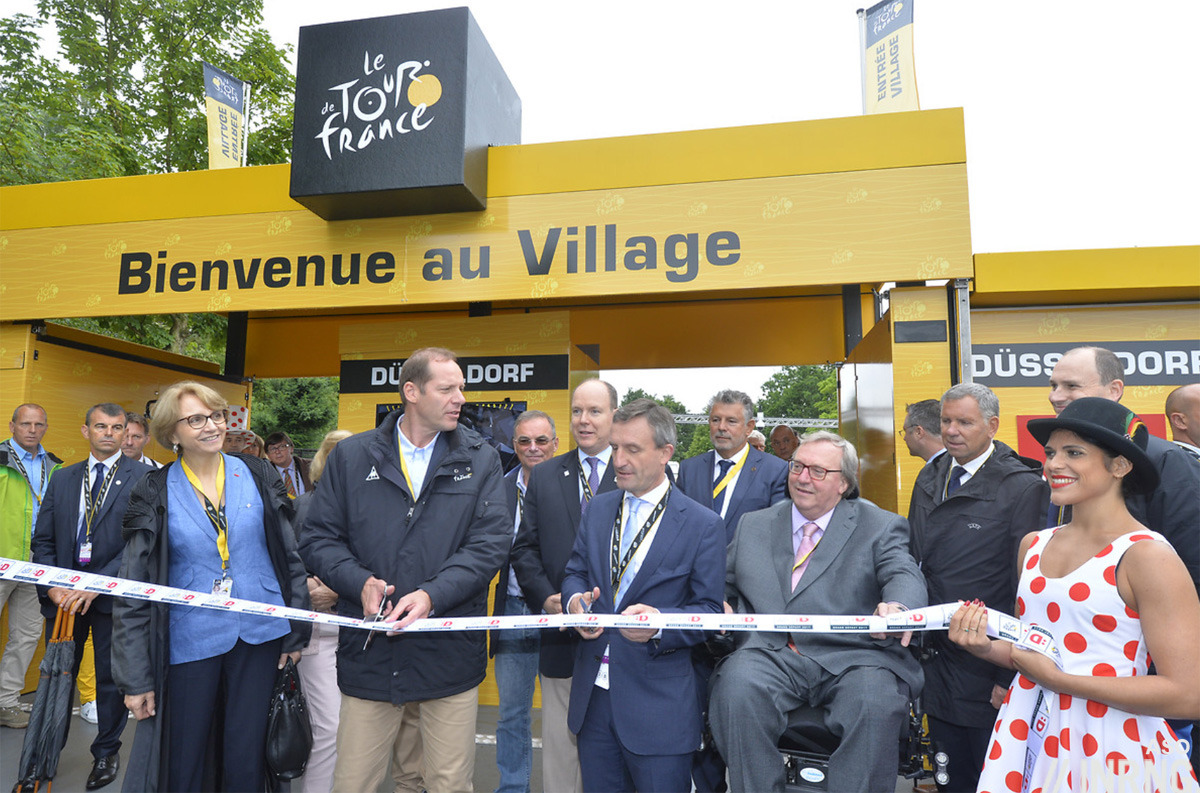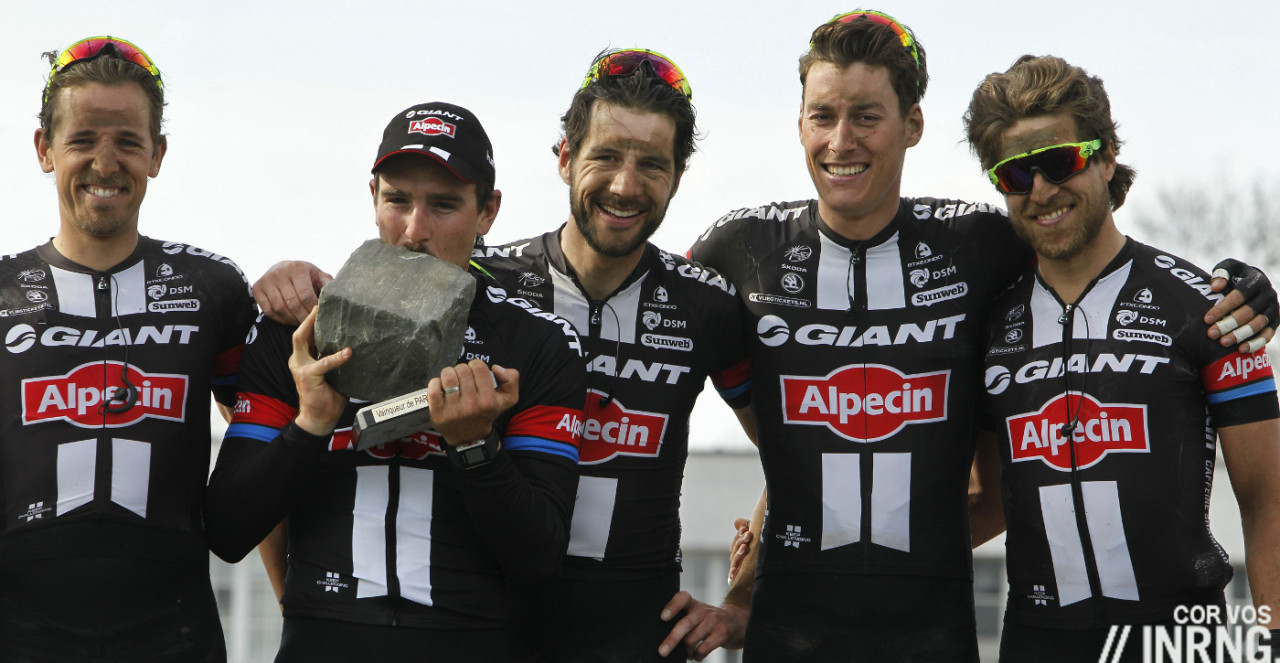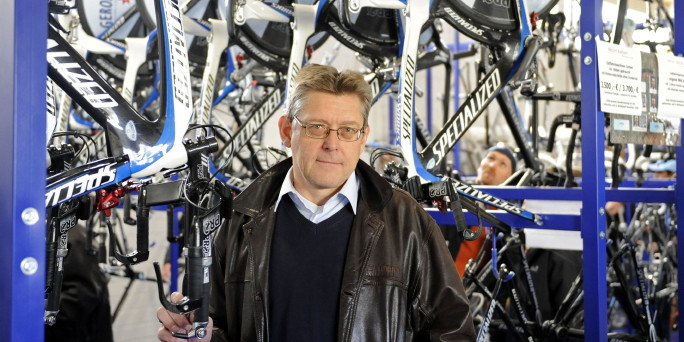What’s the biggest race this week? Surely the Vuelta but the revived Tour of Germany is an important moment as it marks the return of men’s stage racing to Europe’s largest country after decade’s absence.
Germany
The Düsseldorf Prologue
The choice of Düsseldorf was no accident. For sure it’s just over the border from France and the Tour de France likes its foreign starts, think of Yorkshire, Rotterdam and London in recent years. These foreign starts pay handsomely for the privilege and Düsseldorf paid close to €5 million. Look at this is an investment by Tour de France and the sport in general in the future of cycling in Germany, Europe’s biggest consumer market but a barren land for pro cycling.
The Wait of a Nation
Ein Stein. Lifting the cobbled trophy last Sunday was a triumph for John Degenkolb and the culmination of a lot of team work. But behind the scenes it’s also the remarkable story of riders as ambassadors who’ve managed to convince German TV to give the sport a second chance, partly thanks to solid results, partly thanks to soft power and coffee.
Germany Comes in From The Cold
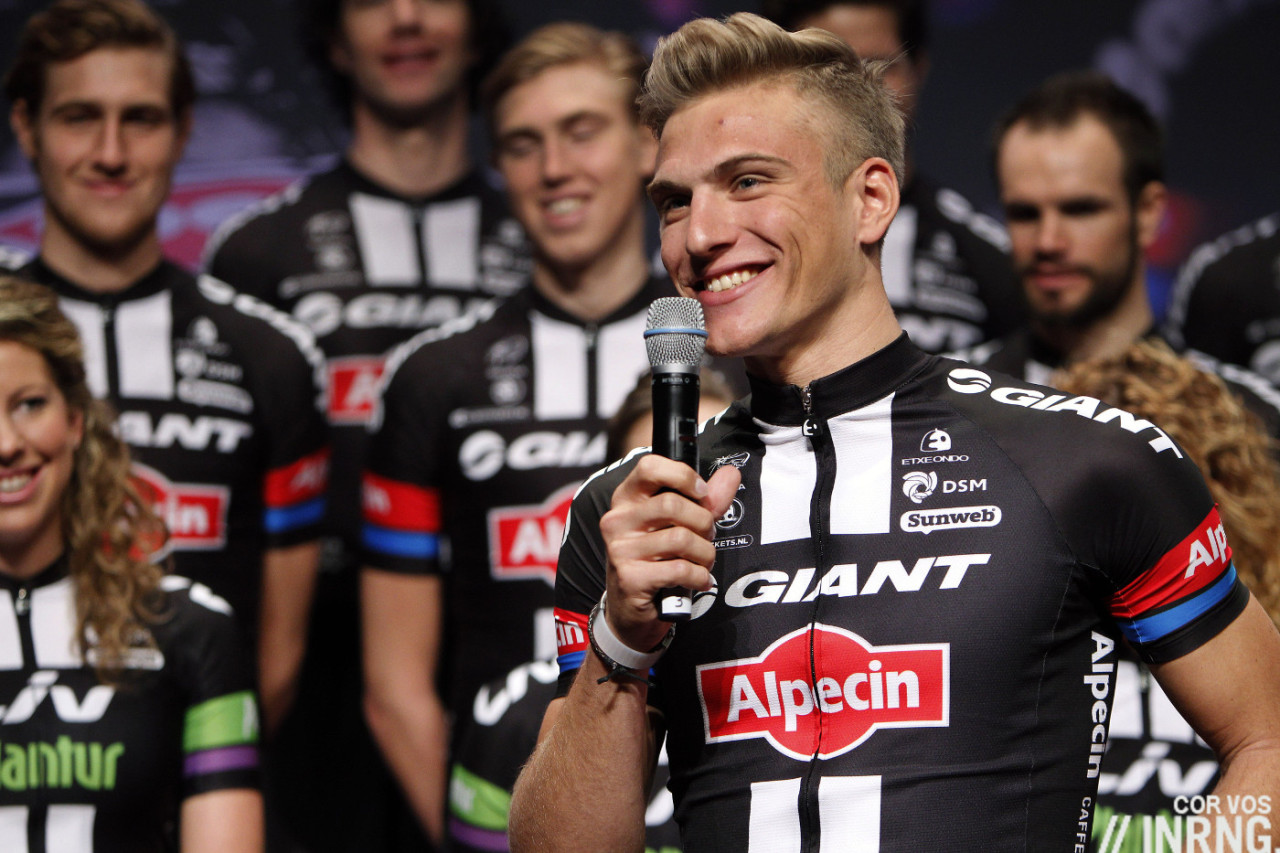
Giant-Alpecin launched the team for 2015 today. We know the sponsors, we know the riders, so what’s new? Well the location was telling, they used the French embassy in Berlin. While most teams book a hotel or a theatre this one went for the grandiose symbolism of diplomacy and Franco-German unity. This is about much more than bikes and shampoo.
Germany: Europe’s Pro Cycling Black Hole

What have Austria, Belgium, Czech Republic, Denmark, France, Luxembourg, the Netherlands, Poland and Switzerland all got in common? One thing is a border with Germany. Another is that they all have a national tour, a bike race that lasts several days and aims to cover the whole country.
In fact if it doesn’t have a national tour, Germany doesn’t have a big team either, the number of race days is dwindling and the sport is hardly shown at all on mainstream TV. A headwind for German cycling fans but also a real problem for professional cycling as a whole too.
Blood irradiation explained
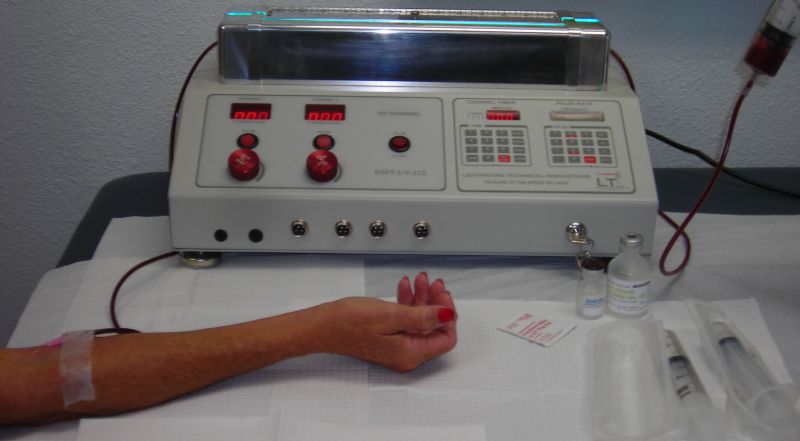
One of the quirks of following pro cycling is a passing knowledge of medical vocabulary. Words like quadriceps or lactic acid are obvious. But worryingly the discerning fan can build up a formidable lexicon of haematology, although knowing the vocabulary is quite distinct from knowing the subject. In recent years the likes of haematocrit, reticulocyte and plasma have appeared in cycling headlines. Now the latest concept is “blood irradiation” following allegations in Germany. Here’s a small explainer.
What is Holczer doing?
Imagine the scenario. You run one of the biggest budget teams in the sport but sadly the results haven’t followed. Some riders have done well but in general things haven’t gone to plan. Maybe it’s time to change managers, who do you call?
The German Superteam
Marcel Kittel won yesterday’s Vuelta stage in a bunch sprint. The neo-pro is having a great year, he took several stages in a row at the Four Days of Dunkerque and then took consecutive wins in the Tour of Poland. Now he’s got his first grand tour stage win. And apparently he’s not even a pure sprinter, he can time trial and might develop into a classics contender.
But instead of speculating on the future, let’s go back in time. Until last year Kittel was riding for the Thüringer Energie Team in Germany. Here, he was on the same team as USA Pro Cycling Challenge prologue winner Patrick Gretsch. And he was joined by none other than John Degenkolb and Tony Martin too.
Marcel Kittel, a sprinter?
Mark Cavendish seems so good you almost wonder what is wrong with the other sprinters. Look around and here’s ageing Alessandro Petacchi, André Greipel is strong but not prolific and Tyler Farrar is fast but usually not fast enough. But there’s a new generation coming, with several Italian riders lead by Andrea Guardini and a crop of Australians, Michael Matthews for example. But right now the Germans seem to have the edge, with neo-pro John Degenkolb already winning at the top level and above all Marcel Kittel. The Skil-Shimano rider took four stages in the Four Days of Dunkirk and last week took another four stages in the Tour de Pologne. But is he a sprinter?
Germany, Europe’s largest consumer market
German riders are having a very good season. Andre Greipel’s a dependable winner and this year Tony Martin’s confirmed his abilities whilst neo-pros John Degenkolb and Marcel Kittel have been highly impressive. And if you want a tip, look out for a guy called Tino Thömel.
Germany isn’t quite Europe’s premier cycling country but it is certainly Europe’s biggest country. It’s got the largest population with 81 million inhabitants and the continent’s biggest GDP too. Put simply it’s big and it’s rich and for a sport that rhymes with commerce, where teams are named after companies and brands, it’s a key market. Germany is hard to ignore.

Only that’s exactly what the UCI is doing. It’s refusing to do interviews with German broadcasters ARD and ZDF. For context, switch on a German TV and “channel 1” is ARD. Hit the remote and next comes ZDF. These are broadcasting giants and the German equivalent of Britain’s BBC, CBS in the US or ABC in Australia.

